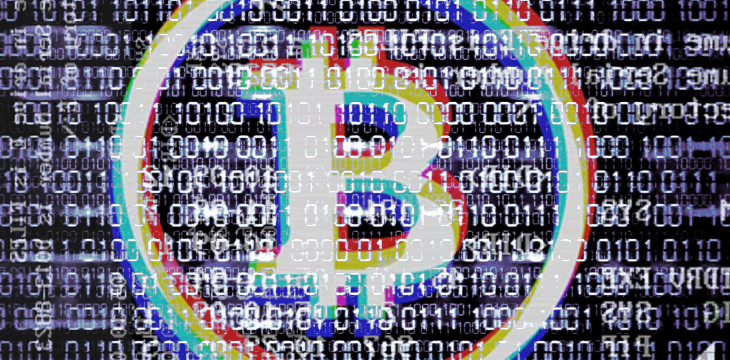|
Getting your Trinity Audio player ready...
|
Many countries are more concerned with cyber-attacks than ever. There are countries that are intent on using cybercrime in order to not only undermine national security, but also to steal intellectual property and information from countries that they are at odds with. It appears as though South Korea is under an increasing amount of cyberattacks, as well.
The conclusion comes from a report from Microsoft Korea, released on April 22. While the cyberattack rates in South Korea are low compared to the global average, the tech company urged individuals and organizations to back up data using cloud computing and other technologies. Microsoft presented its findings in Seoul, the capital and largest city of Korea.
The security program manager at Microsoft Korea, Kim Gwi-ryun, pointed out that this was the result of analyzing quite a large amount of data. She stated: “We analyzed over 6.5 trillion security signals a day in 2018 to publish the threat intelligence report and share expert insights with clients.”
She also noted that supply chain companies and software supply chain companies have appeared to be a popular target of the attacks, as well, referencing the fact that cleanup software CCleaner suffered a cyberattack in 2017 that affected over 2 million users.
Cybercriminals are also resorting to “cryptojacking” for some of these attacks as well, where mining software is injected into the victim’s machine, using their device to actually power cryptocurrency mining and allow criminals to profit as a result. This occurs without the victim’s knowledge or consent.
Kim also pointed out that while some have dismissed the tactic as outdated, phishing e-mails still appear to be prevalent and effective, with inbound e-mails used as phishing messages increasing by 250% in 2018.
In addition to cloud computing, Kim pointed out that more knowledge was needed in this area for organizations to truly combat the modern threats. She added: “Companies need to carry out regular education on cybersecurity for their employees.”

 02-28-2026
02-28-2026 




